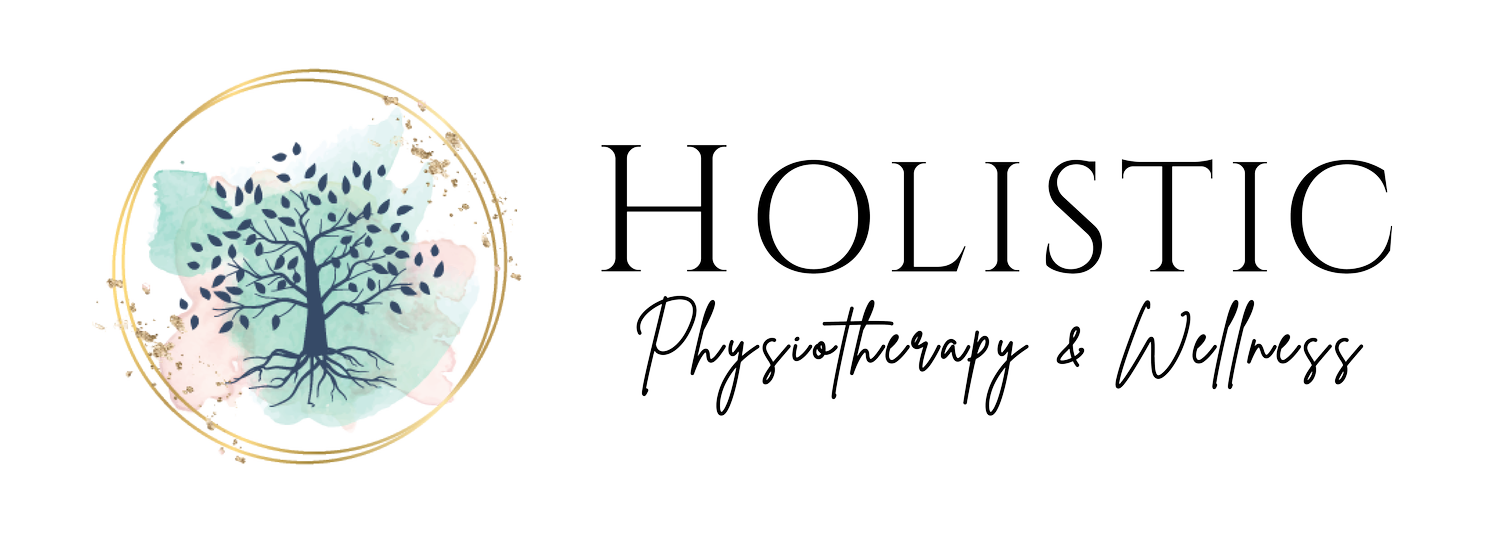Fast and faster - Fatigue recipe
Written by Lindsey Tasker Cole | September 13, 2020
Our world runs at one speed, and that is usually fast! The busyness of our lives from work, family, social activities and everyday stressors can all pile on and some form of fatigue is inevitable. Fatigue, burnout and exhaustion can be states that we live or survive in for short or long periods of time. Recognizing the signs of fatigue can be masked and tucked away until we are hit smack in the face with them. So, let’s dive in and look at what fatigue looks like.
Fatigue (by definition) is the feeling of extreme tiredness and inability to function at your normal level. There are 2 main types of fatigue:
Physical Fatigue: Where the body cannot perform usual tasks as it once could. This can be from extreme sporting activities or lack of sleep. Sometimes injuries or periods of immobility can greatly affect our endurance levels, leading to fatigue. There are some physical medical conditions that also can directly affect energy levels (thyroid dysfunction, anaemia, obesity).
Mental fatigue: Difficulty with concentration and inability to function with normal tasks at work or in the home. This can include financial and family stress which can cause you to become emotionally fatigued.
Any form of fatigue can cause you to become sleepy during the day, decrease motivation, and lower your mood. It can affect your ability to make rational informed decisions.
At some point in our lives we are bound to get bogged down and feel the symptoms of fatigue- and that is normal. But having the ability to break that cycle is important to get back on track with our health and wellness.
Physiotherapy can assist with breaking the cycle of fatigue and getting back on route to a better you. Providing self-management tools for increasing exercise endurance, lifestyle advice, sleep strategies, and joint/muscular pain management.
As we transition from summer into the busyness of fall, make sure to stop and slow down, even just for a few minutes every day. Do a quick body scan and make sure your allowing yourself the self-care you need, to prevent fatigue.
Lindsey Tasker Cole
Physiotherapist
Pelvic Health Therapist


